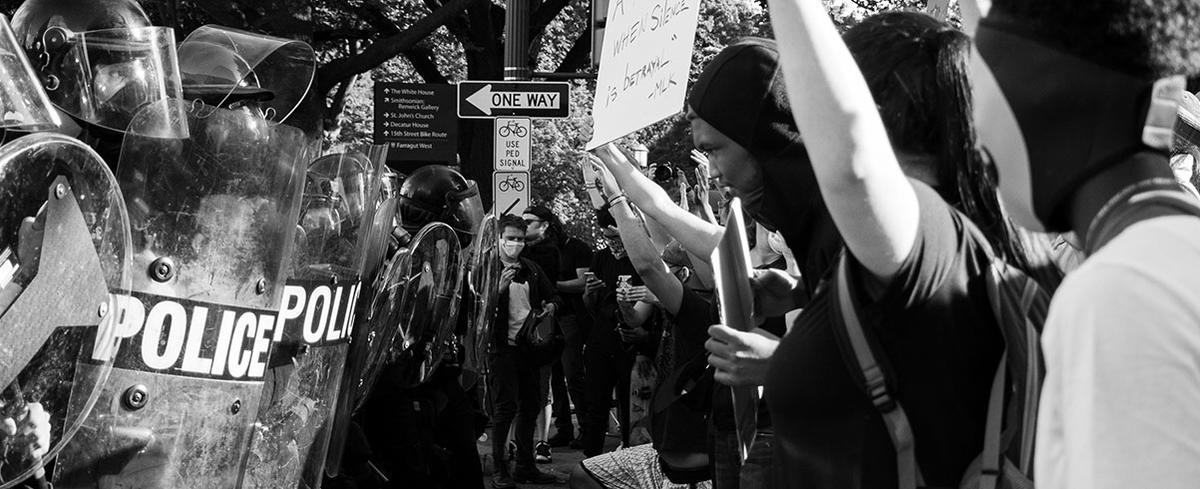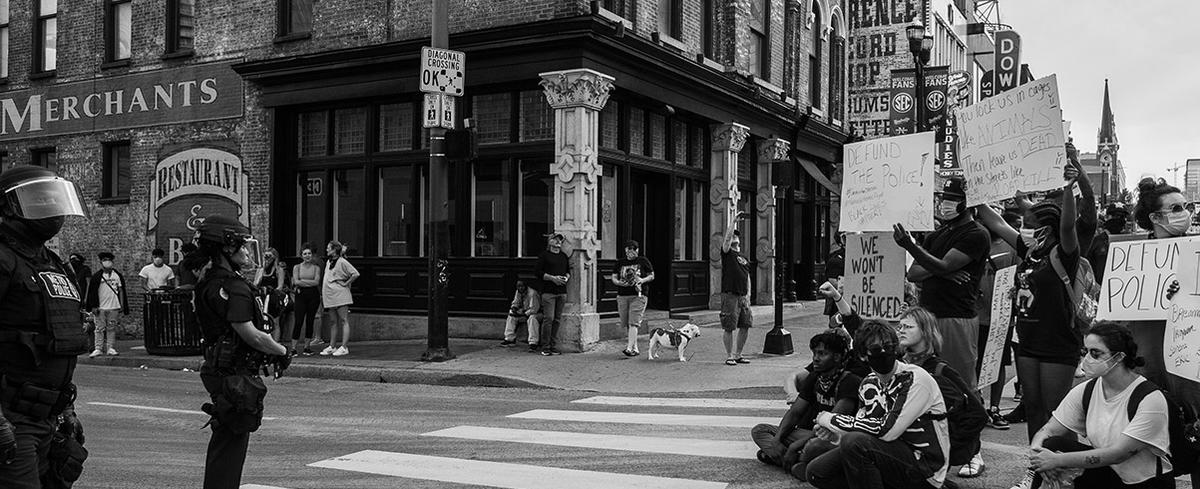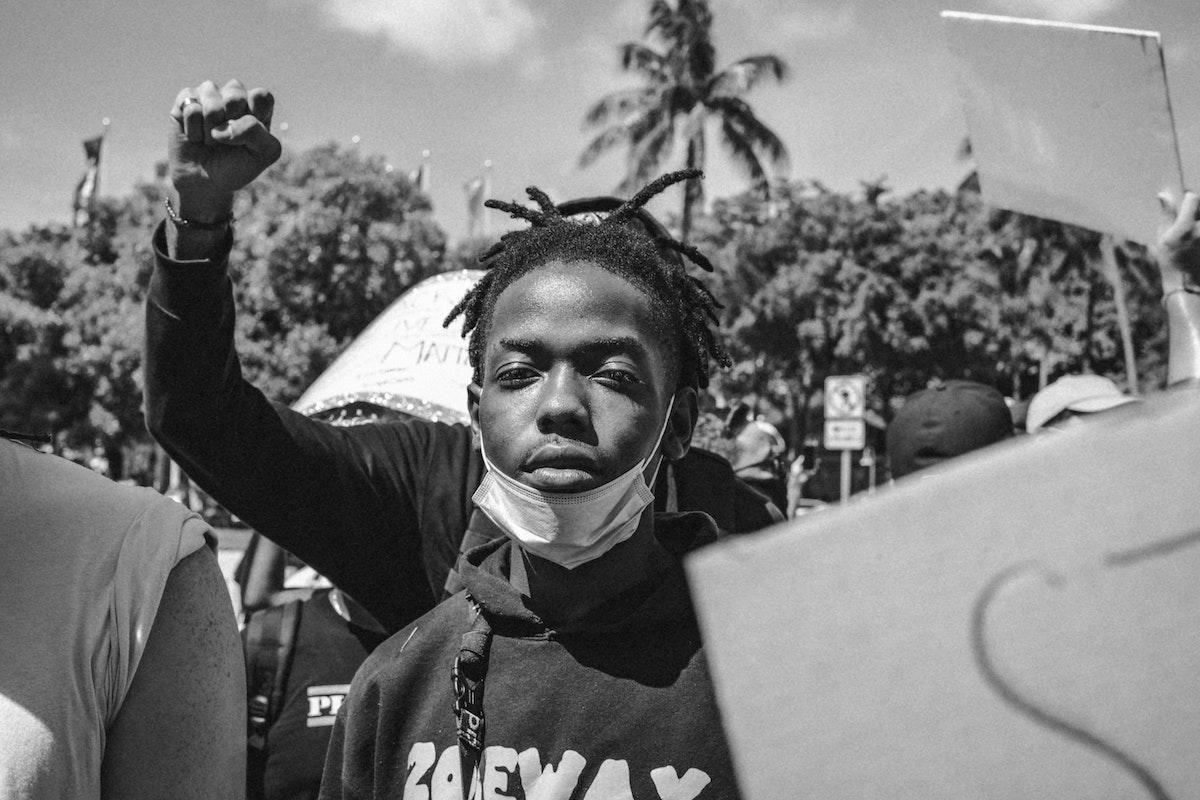This could be the most complex time ever for brands. We are enduring three interconnected crises: the global pandemic, economic downturn and systemic racism. The U.S. election has exposed the deep fault lines in society leading to populism and protest. The result of these simultaneous shocks is a rapid escalation of fears and a reordering of values that is driving people to the trusted and familiar.
With consumers going back to brands they know, trust has emerged as a fundamental driver of purchase. Fears shift what people value; sixty percent of consumers now buy brands they trust. In exchange, consumers expect brands to take a stand on societal issues while solving personal challenges. Brands must recognize that consumers are now living inside out, with a world that starts at home, with top concerns now personal health and family instead of image or status.
For the evidence of this shift for brands, we must turn to the data. We have just come out of the field with an Edelman Trust Barometer Special Report entitled Brands Amidst Crisis, that surveyed 8,000 people in the last week of October in eight countries (Brazil, Canada, China, France, Germany, India, UK and U.S.). We can make the following assertions from the research:
- The Fear Level Has Escalated Massively—From our first study at the beginning of 2020, fear levels have risen and become more closely related to the pandemic. The most profound fear is physical health, followed by mental health. Economic concerns and status are also at the top of the list of fears that have increased, notably the potential for compromised education of children and anxiety for their family’s welfare and security. Brands that alleviate fears are trusted four times as much.
- Values Have Morphed—What matters most is spending time with family (+38 percent), making smart purchasing decisions (+36 percentage points), and helping other people (+24 percentage points). What matters less is my image as reflected in brands I buy. I care less about being a tastemaker or trendsetter (-9 percentage points) or enjoying the finer things in life (-10 percentage points).
- Brands to the Rescue—Brands are expected to solve both societal and personal problems (86 percent). That includes proper treatment of employees and making the product in domestic market. Brands need to support me (68 percent) and support my community (63 percent).
- Brands More Creative and Effective Than Government—Fifty-five percent of respondents believe brands can do more to solve social ills than government. That same percent of respondents said that brands are more accountable than government and faster to take action to change things for the better.
- Trust Now Third Purchase Criterion—The Five Ps of Marketing are amended to include a T (Trust). Price and quality are just ahead of trust. But other trust attributes are deeply important in purchase, including reputation and purpose. This is true across geography, gender and age group as the universal and consistent advantage (88 percent importance in purchase).
- Brand Trust Key to Engagement and Repurchase—High trust consumers have more brand loyalty (75 percent), engagement including sharing personal data (60 percent) and advocacy including recommending or defending the brand (78 percent).
- Action Builds Brand Trust—By a two-to-one margin, brand trust increases when actions help workers and communities, instead of making commitments on what a brand will do in the future. Brands are 4 times more likely to gain trust than lose it when they act on an issue such as systemic racism. A warning signal for brands is that nearly two-thirds of respondents said that they are seeing more ‘trust-washing’ from brands in the last three years, with large rises in the UK (+9 percentage points) and Germany (+9 percentage points).
- Solve, Don’t Sell—More than half of respondents (56 percent) want brands to downplay the holidays this year. Nearly 70 percent want brands to display proper social distancing and mask-wearing behaviors in their marketing. Respondents are split on tone, with 51 percent seeking to escape pandemic-related worries through humor.
- Earned Media, Personal Experience Are Battleground for Trust—Paid media finishes last among channels (23 percent), while personal experience matters most (59 percent) followed by earned media (44 percent) and peer conversation (39 percent). In fact, nearly 7 in 10 people are using advertising avoidance strategies, including ad blockers (48 percent) and paying for streaming services (45 percent).
- Peers and Experts Most Credible Sources—Regular users of brands (58 percent) and experts (52 percent) are far ahead of celebrities (35 percent) or influencers (36 percent) as trusted sources of information on what a brand is doing to allay concerns. Friends and family do the most to ease my fears.
The world is being reset. It's becoming smaller and people have shifted to protecting their health, their jobs, and their families. The result is a dramatic redefinition of what drives purchase decisions, and a reset for brand marketing. It’s crucial that marketers recognize this new reality: traditional brand magnetism has been reduced; now people expect brands to act to solve personal and societal needs. Brands that step up, ease fears, show positivity and hope, and empathize with consumers sentiment will gain loyalty.
Determining when to step up on a societal issue is critically important because brands must avoid becoming overtly political. To differentiate between societal needs and partisan politics, brands must ask themselves the following questions before taking action: Does it solve a societal need that aligns with our values? Does it have a clear connection to our company or brand? Does it satisfy our employee demands? Does it meet our stakeholder expectations? Last year, Heineken made the right decision when it designed a program that helped to reduce drink-driving by redesigning the bar experience. Similarly, Ajinomoto was well within its swim lane when it sparked action with a “Take Out Hate” campaign that called for Americans to order takeout from local Asian restaurants that were battling discrimination at the onset of Covid-19 and going out of business faster than other cuisine categories.
It is time for a brand marketing reset. We can see that there is room for brands to not only redefine their role, but to support society in unprecedented ways. This is the moment of Great Expectations; brands are now seen as powerful advocates and effective partners in change. There is no ducking of this responsibility; consumers are holding brands to account and will reward the bold and penalize the pusillanimous. In the Battle for Truth, brand marketing budgets are an effective counterweight to misinformation and destabilization. In Maslow’s hierarchy, we are now back to the basic needs of safety and physiological. It is time for brands to lead, answering fears with facts, trauma with truths, anxiety with action.













